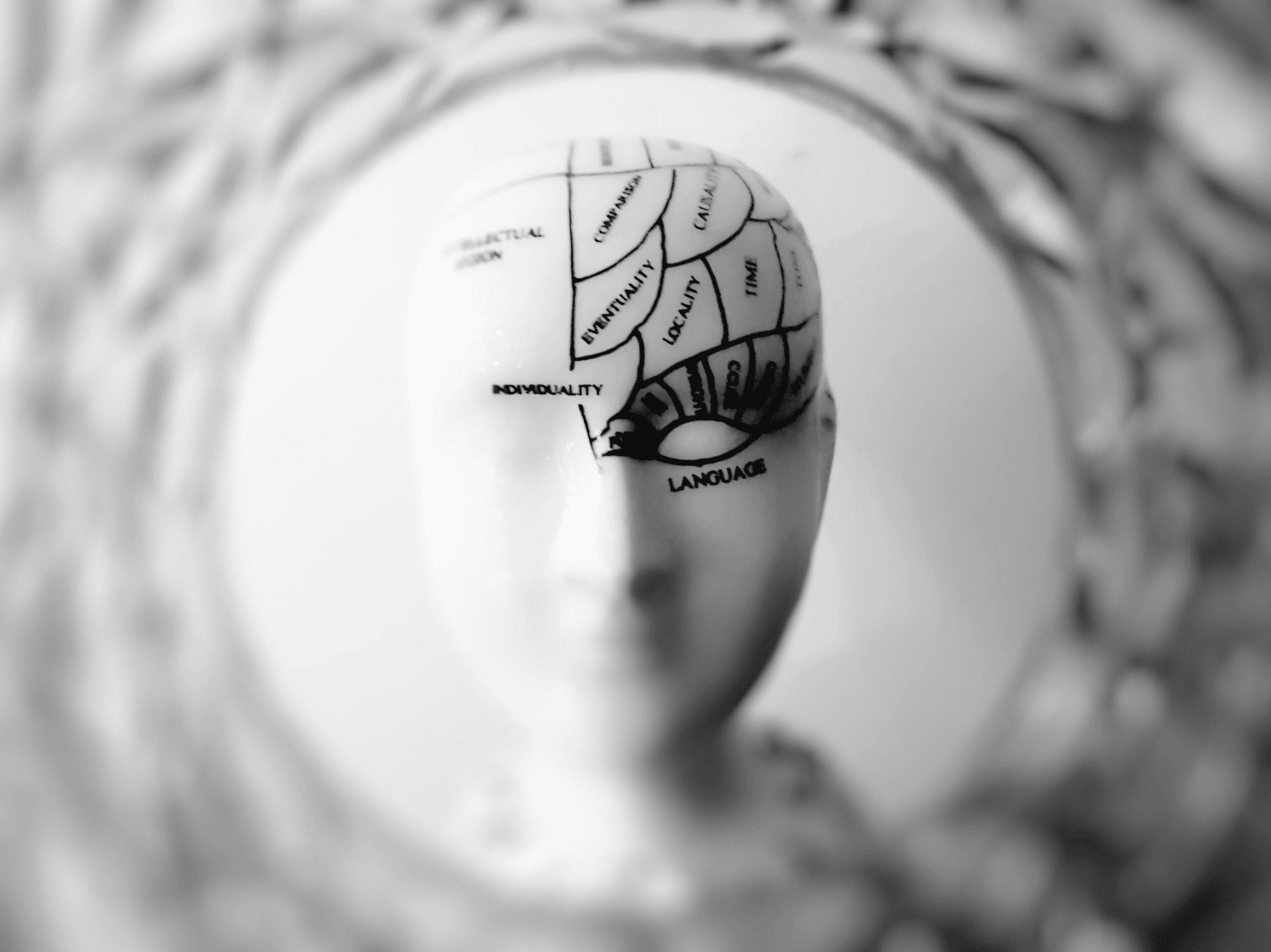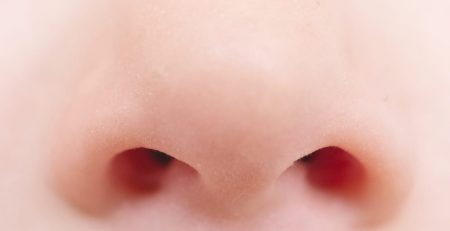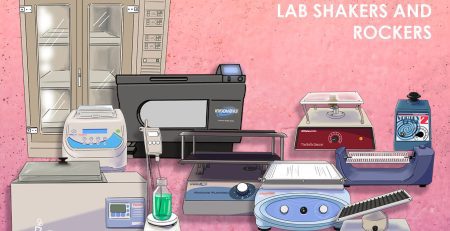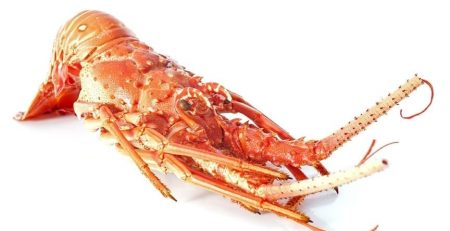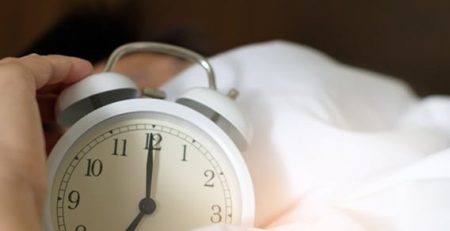A New Beginning in ALS Therapies
Amyotrophic lateral sclerosis, more commonly known as ALS or Lou Gehrig’s disease, affects the lives of as many as 30,000 people in the United States, according to the ALS Association. A progressive neurodegenerative disease, ALS attacks nerve cells and pathways in the brain and spinal cord. This causes patients to lose both muscle control and mobility.
But researchers from Washington University School of Medicine in St. Louis believe they are one step closer to extending the survival of ALS sufferers and even possibly reversing some neuromuscular damage. Their research, recently published in The Journal of Clinical Investigation, found that an investigational therapy for an inherited form of ALS was successful in treating mice and rats and has officially lead to a phase one/two clinical trial to investigate whether or not the drug they developed could benefit patients whose form of ALS is caused by mutations in a gene called SOD1.
“This drug had an impressive effect in mice and rats with just one or two doses,” Timothy Miller, MD, PhD, said. “We don’t know yet if it works in people, but we’re very hopeful. We’ve completed the first phase of safety testing, and now we’re working on finding the right dose.” Miller is the David Clayson Professor of Neurology at Washington University School of Medicine and also head of the Miller Laboratory, which is dedicated to developing new and effective treatments for neurodegenerative diseases (like ALS) and dementias.
Miller, in collaboration with Ionis Pharmaceuticals, tested two DNA-based compounds that were designed to keep the body from producing the SOD1 protein. These compounds, known as antisense oligonucleotides (oligos for short), were given to both mice and rats 50 days after they had been genetically modified to carry a mutated form of the SOD1 gene. When tested both the mice and rats maintained their weight longer than their counterparts who had received a placebo and were also found to have increased life spans. The oligos also reversed the signs of neuromuscular damage in both rats and mice.
Miller’s colleague from Washington University School of Medicine, associate professor of neurology Robert Bucelli, MD, PhD, is now leading a phase one/two clinical trial based on Miller’s research to evaluate the safety of using these oligos on people.




